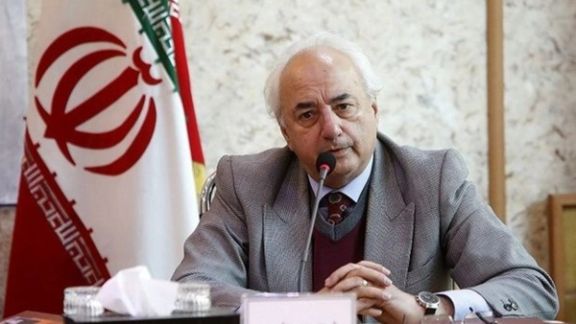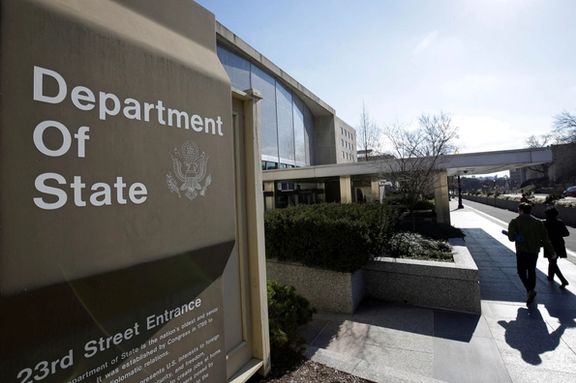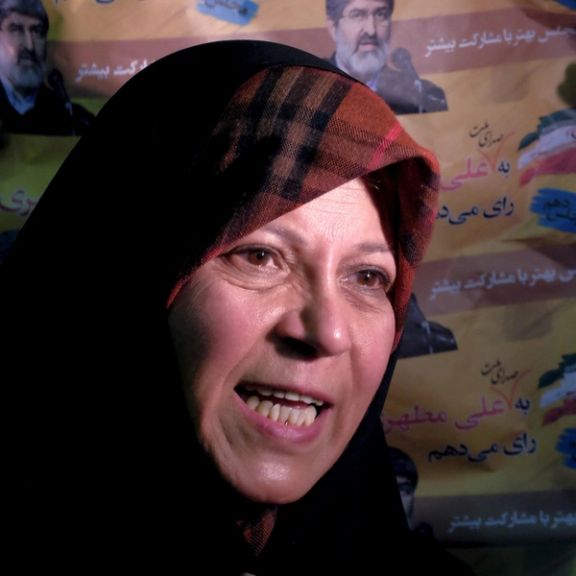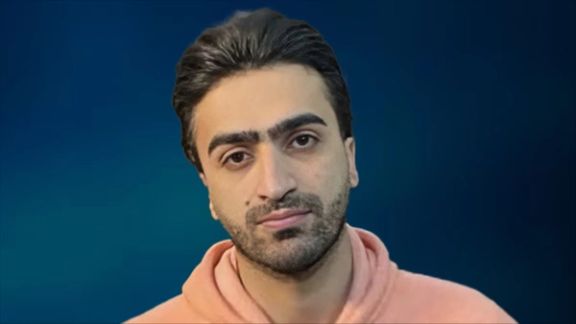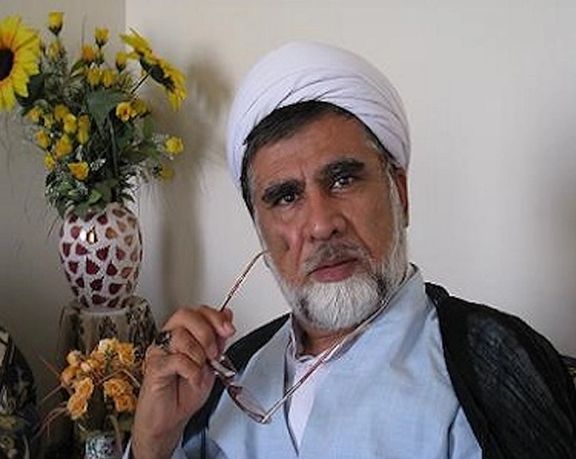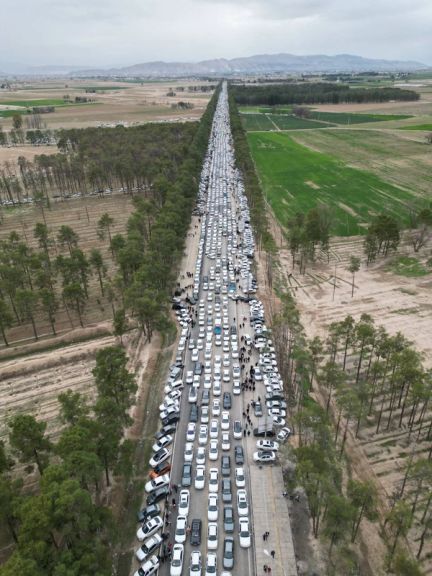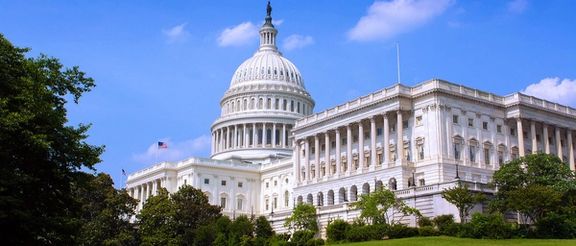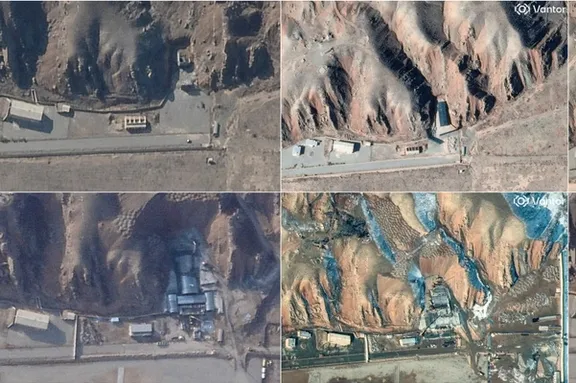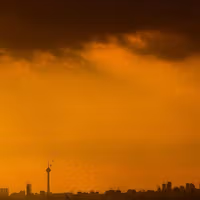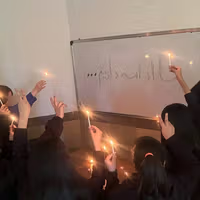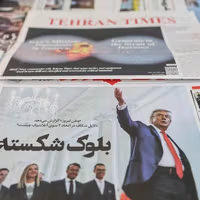Khari, a young protester in his late twenties from Bandar Gaz in northern Iran, ended his life earlier this week. Rights activists say he was repeatedly called in and threatened by the Revolutionary Guards (IRGC) intelligence organization after his release from prison.
Judiciary officials of the Islamic Republic which has always refused to allow international investigations into Iranian prisons claim conditions at these facilities are suitable. The experience of many prisoners, however, proves that prisons and detention centers run by security forces have become “killing grounds” for prisoners, especially dissidents.
Authorities always attribute suspicious deaths in prisons and detention centers, or shortly after prisoners’ release, to suicide and claim they suffered from mental health or had personal problems.
In the past four decades, dozens of political and ordinary prisoners have committed suicide in prison or shortly after their release.
In the past month alone, several political prisoners attempted or committed suicide. These include Mosayeb Yeganeh who was returned to Tehran’s Evin prison from hospital before the completion of his treatment. Shahin Gallehdari, a Kurdish political prisoner was another victim who passed away at the ultra-security ward of the Central Prison of Orumieh in northwestern Iran, and Hasan Omarpour, another Kurdish prisoner self-immolated at the same prison.
In February Amir Shahbazi, a prisoner sentenced to amputation of his fingers for theft, also committed suicide at the infamous Central Prison of Orumieh. He had reached an out of court agreement with the plaintiff to forgo the amputation sentence, but authorities insisted on carrying out the sentence.
Besides Orumieh Central Prison and Tehran’s Evin Prison, suspicious deaths and suicides have recently been reported at Lakan Prison in Gilan Province, the Central Prison of Tabriz in East Azarbaijan Province, and Ilam Prison in Ilam Province.
During and after the Woman, Life, Freedom protests of 2022-2023, several protesters died suspiciously in detention or shortly after freedom. These included Javad Rouhi (35), Maryam Arvin (29), Arshia Emamgholizadeh (16), Yalda Agha-Afzali (19), Mina Yaghoubi (33), Abbas Mansouri (18), and Atefeh Naami (37).
Coroner’s report attributed Rouhi’s suspicious death in hospital a year after his arrest to interaction of the medicines he was taking. Rouhi who was arrested in September 2022, was sentenced to death in a sham trial. His death sentence was overturned by the Supreme Court but continued to be threatened, tortured, and harassed.
Rights organizations said Rouhi was brutally tortured at a Revolutionary Guards (IRGC) detention center and even lost his power of speech.
Arvin, a lawyer who offered advice to prisoners and their families, also died after her release from prison. Her family reject judiciary officials’ claim that she died of suicide and believe she died because of drugs she had been administered in prison.
In some cases, as in Agha-Afzali’s case, authorities attributed the suspicious deaths of prisoners after freedom, to drug misuse. However, in an audio-file before her death, Agha-Afzali had revealed brutal tortures in prison.
Some former political prisoners have revealed that they were forced to take drugs or injections that they suspect could have contained psychoactive substances. These drugs, they say, highly affected their physical and mental health, they say.
Rights organizations and activists say physical and psychological torture and alleged administration of psychoactive drugs could cause such suspicious deaths and suicides.
Torture, as in the case of dissident Rapper Saman Yasin, sometimes include incarceration at mental facilities. In a letter from prison to the Chief Justice, Yasin begged to be executed, because, he said, death by execution was preferable to the tortures he had endured.

